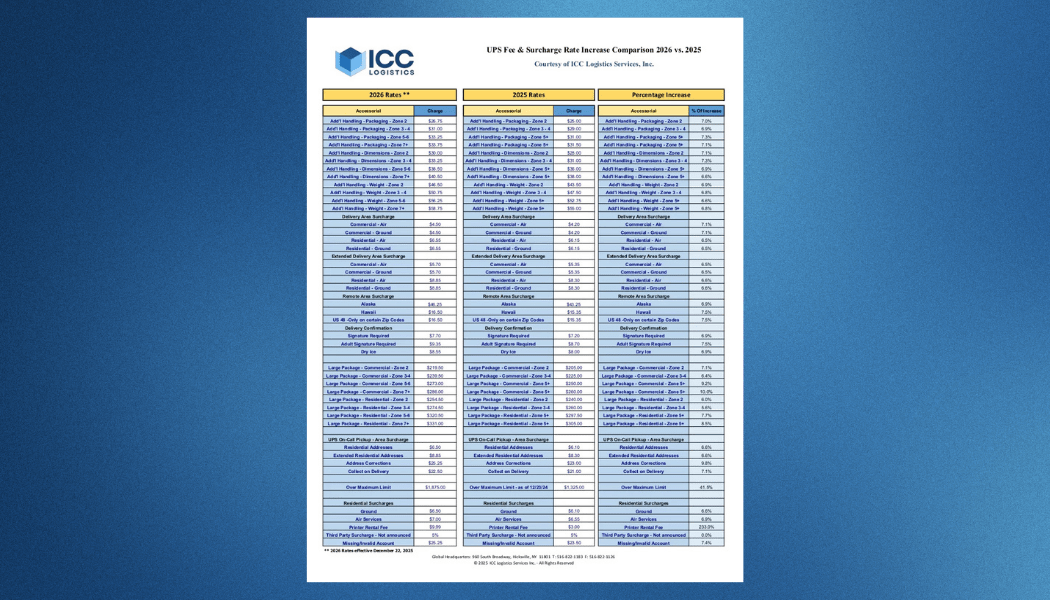The Scandal That Rocked Macy’s: $154M in Hidden Shipping Costs
By now, many in the shipping world are aware of the recent news surrounding Macy’s delay in releasing its third-quarter earnings due to what the company described as “erroneous accounting accrual entries.” This issue is particularly relevant to professionals in the transportation and logistics industry, as it involves the retailer’s shipping expenses.
According to Macy’s, an employee intentionally made incorrect accounting entries, concealing between $132 million and $154 million in delivery expenses from the fourth quarter of 2021 through the third quarter of 2024. During this period, Macy’s reported $4.36 billion in delivery-related costs. According to company chairman and CEO, Tony Spring, the company is conducting an investigation to ensure the matter is handled appropriately.
This revelation highlights the growing complexities and challenges associated with managing shipping costs in today’s business environment. Controlling small package shipping expenses has become increasingly difficult due to ongoing rate increases, seasonal surcharges, and frequent changes to carrier rules.
The Broader Picture: Increasing Complexity in Small Parcel Shipping
Parcel carriers have adopted increasingly sophisticated pricing strategies, complicating cost management for shippers. For example, UPS implemented changes to zip code/zonal pair rules on October 21, 2024—the third such adjustment in a year. These changes are often difficult for shippers to detect, as carriers typically do not provide detailed explanations or advance notice.
Our recent analysis of zone charts from 75 origin locations revealed 811 zone changes, with 70% adjusted to higher zones and 30% to lower zones. While the changes may appear minor, the financial impact could be significant for businesses heavily reliant on affected shipping lanes.
Lessons for Businesses
The Macy’s case underscores a broader vulnerability: the need for companies to scrutinize logistics expenses and establish robust auditing practices. Many businesses accept rising shipping costs as inevitable, without thoroughly investigating inefficiencies, errors, or worse.
For small and midsize businesses, these risks can be even greater due to limited resources and expertise. This is where third-party logistics consultants can play a crucial role. By auditing logistics processes and reviewing carrier agreements, they help uncover hidden costs, ensure accountability, and often identify opportunities for significant savings.
Moving Forward
The pressures and challenges in the small parcel marketplace are unlikely to subside. Businesses must prioritize strategies to mitigate rising costs, and third party consultants will use a wide variety of tools in their toolbelt to support this cause: like advanced analytics, auditing, and optimizing or renegotiating contracts.
As Macy’s continues its investigation and implements corrective measures, this case serves as a reminder for all businesses: rigorous oversight in logistics accounting isn’t just a good practice—it’s a necessity.



 to receive our FREE white papers:
to receive our FREE white papers: